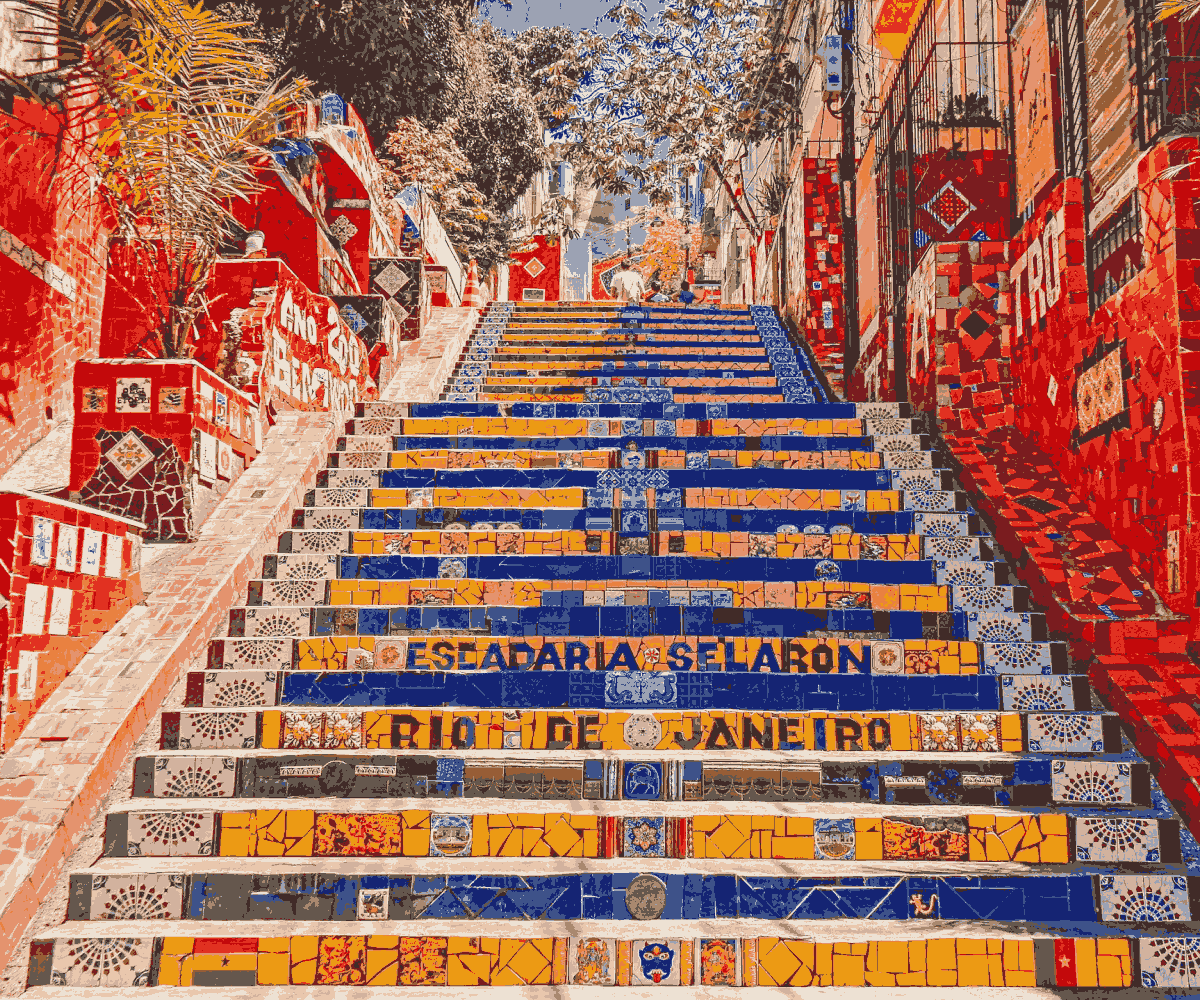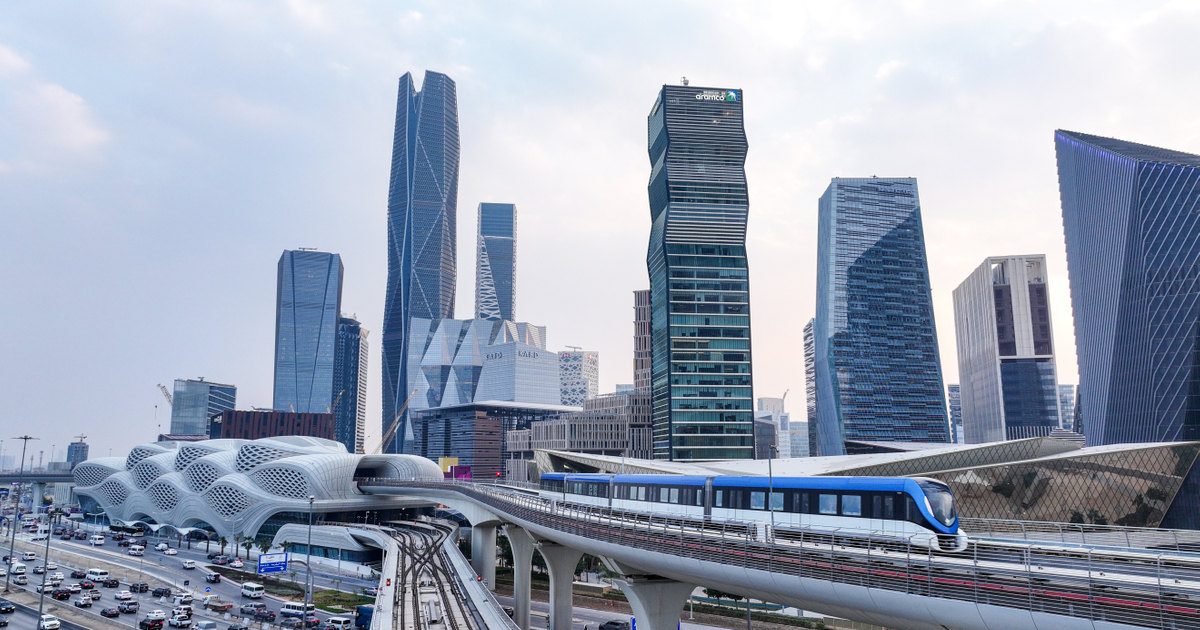Italy loses latest court battle to clear Airbnb lockboxes from streets
Tourists had criticised the ban for making check-in more complicated

Italian judges have overturned a government ban on remote check-ins for short-term rentals, reversing a controversial measure that led to the removal of key boxes from city centres.
The ban, enacted by the interior ministry in November, aimed to address security concerns related to check-ins for properties listed on platforms like Airbnb, where face-to-face interaction is absent.
It was welcomed by campaigners against overtourism, who saw the key boxes as unsightly additions to street entrances.
However, the ban faced criticism from property owners and holidaymakers who valued the convenience of self check-in.
In a ruling published on Tuesday, the Lazio administrative court annulled the directive.
The judges said, among other things, that it placed excessive burdens on landlords.
.jpeg)
Following the ban, cities such as Florence and Rome had stepped up efforts to remove self check-in key boxes from public spaces.
Marco Celani, head of short-term rentals association AIGAB, welcomed the court's ruling on Tuesday.
He said his lobby was in talks with the government for the "full recognition" of remote check-in technologies.
The interior ministry said through a spokesperson that it would wait for the court to publish the reasons for its ruling before deciding whether to appeal to a higher administrative court.
Italy has been grappling with overtourism, with Sirmione on the banks of Lake Garda overwhelmed by tens of thousands of visitors over the early May bank holiday weekend.
Videos posted online showed holidaymakers swarming its historic streets, stopping traffic.

Visitors reportedly faced a 40-minute wait to get through the gates into Sirmione’s historic centre, while cars and buses became entangled within the crowds.
In September, Italy proposed increasing its tourist tax to €25 a night for holidaymakers staying in its most expensive hotel rooms.
The Italian government is considering the €25 (£21) tax – currently between €1 and €5 per night in cities such as Venice – to make tourists “more responsible” and help financially disadvantaged areas fund services like refuse collections.
Venice is also piloting a separate charge for day-trippers visiting during peak hours.

 FrankLin
FrankLin 































